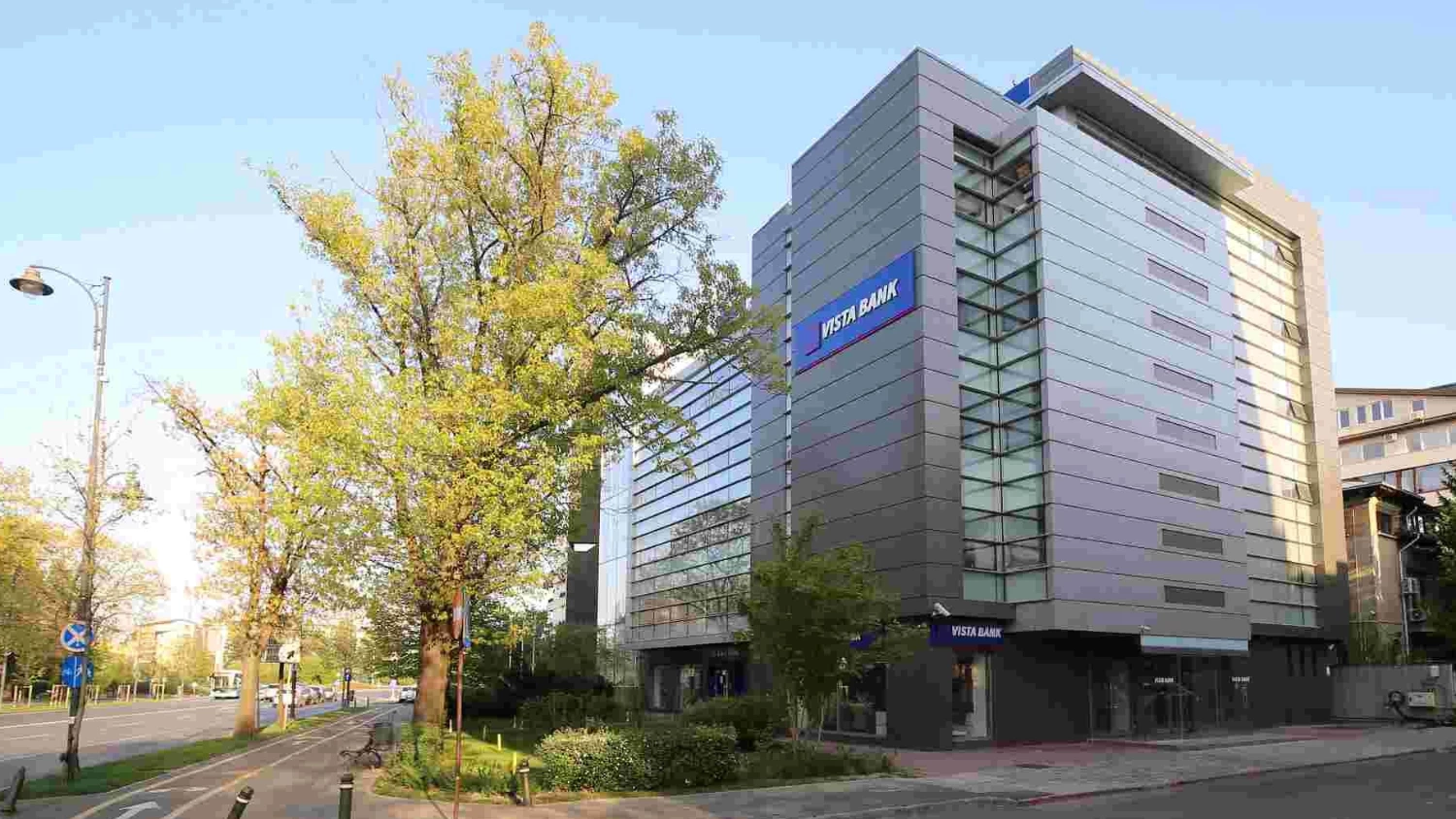This trend of shrinking IT budgets aligns with what is happening internationally, where companies, including those in the tech sector, are cutting spending and seeking more cost-effective solutions.
The reduction in IT budgets has been largely driven by global economic uncertainty, inflation, and the need for companies to prioritize essential investments. Many large corporations initially turned to outsourcing in India, attracted by lower costs. However, recently, many have returned to suppliers in Eastern Europe, including Romania, due to quality and delivery issues encountered in Asia.
Despite this trend, budgets remain lower than before the crisis, though they are about 10-15% higher than those offered for services in India, but still significantly reduced compared to two years ago.
How Romania's IT industry is adapting
Current trends in Romania's IT industry reflect these changes. In addition to budget reductions, IT companies are being forced to innovate to stay competitive. The use of artificial intelligence (AI) technologies and robotic process automation (RPA) has become essential for cost optimization and productivity increases. Romanian programmers, who once had high salary expectations, have started to accept lower wages as the number of projects has decreased and competition has intensified.
Internationally, these trends are confirmed by various studies. Reports show that globally, IT budgets have decreased by approximately 20% in the last two years, while outsourcing to regions with cheaper labor, such as India and the Philippines, initially increased but encountered quality issues. According to a Deloitte report, 63% of companies cited cost reduction as the primary benefit of outsourcing. Additionally, the integration of AI and process automation has become critical in increasing operational efficiency and competitiveness.
In Romania, flexibility and adaptability are becoming essential for IT companies that want to retain clients and attract new projects.
"Flexibility has been the key to our success during this period. With an agile organizational structure similar to a start-up, we have been able to quickly adapt prices to meet the needs of our clients. This strategy allowed us to have an extremely busy summer and to re-engage with former clients without making significant compromises on profitability," said Mihai Filip, CEO of OVES Enterprise.
Despite the current economic challenges, IT companies that quickly integrate innovative technologies and streamline their processes can maintain their competitiveness and capitalize on opportunities in emerging markets. Flexibility and adapting to new economic realities are essential for ensuring long-term success.











